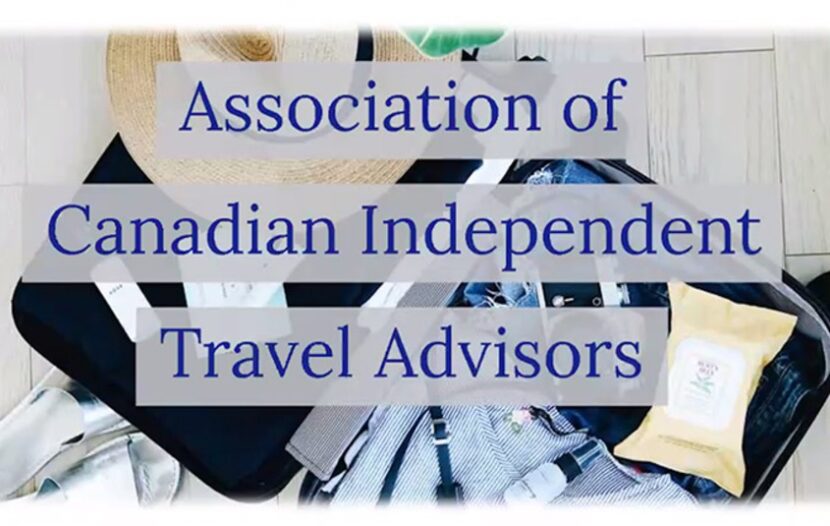TORONTO — The Canada Recovery Benefit (CRB) wound down more than three weeks ago. Meanwhile, with the lifting of the travel advisory, bookings have picked up.
But long booking windows and upon-departure commission payments mean many, many agents, particularly independent agents, are still facing dire straits.
“There is no more CRB. And now more than ever we need to get the word out to independent travel advisors that they need to call or write to their MP – they can now visit their office in person as well – to set up a meeting with ACITA so that we can continue to update the government on our need for sector specific aid, for at least 6-12 more months,” ACITA co-founder Judith Coates tells Travelweek.
The voices of independent travel advisors need to be heard especially as the federal government’s new programs, announced last month for this stage in the pandemic – the Tourism & Hospitality Recovery Program, and the Hardest Hit Recovery Program – focus more on salaried staff workplaces with wage subsidies and rent support. And the ‘Lockdown Benefit’ touted to replace CRB is geared to very one-off lockdown situation supports.
Says Coates: “An industry colleague made a statement that I will be re-quoting in our MP meetings: ‘Re-opening does NOT mean Recovery.’ Just because travel is beginning to resume safely doesn’t mean our businesses are seeing recovery yet. We continue to reiterate the message that it will take 6-12 months past the lifting of all travel advisories (including the Level 4 cruise advisory which is still in effect) before we start to see recovery in our businesses.”
ACITA has added four more presenters to its roster, adds Coates, “so that we can cover more ground in meeting with government officials.”
Since ACITA’s founding in June 2020, the group has held no fewer than 278 Zoom meetings with MPs, to get the word out about everything from commission protection, to the desperate need for financial aid for independent travel advisors.
ACITA recently launched a new email campaign targeting every MP across Canada, asking for a meeting. “In many cases, it’s an update to let them know that despite the elimination of the CRB, not much has changed in our businesses except that we are further in debt than ever, while continuing to work for our clients,” says Coates.
Plus, a new petition from ACITA has a two-part ask:
1. Provide sector-specific funding for independent travel advisors in the form of bridge financing until May 2022, at the very minimum, until they are able to see recovery in their businesses; and
2. Ensure that independent travel advisors are included in the class of eligible applicants for the Tourism and Hospitality Recovery Program.
The petition notes that independent travel advisors “are sole proprietors and are among the hardest hit in the travel sector”, and that federal assistance programs including CEBA, CERS, CEWS and RRRF exclude the majority of these small business owners, “leaving them to slip through the cracks, and forcing them into massive debt and bankruptcy.” Plus, the retail travel sector won’t see revenue in their businesses until 5-11 months after the lifting of travel advisories and cruising advisories.
ACITA’s petition is open until Nov. 28, 2021 The petition can be found here.
Also working hard over these many, many months on behalf of the retail travel sector, including independent travel advisors, ACTA is urging all travel agency owners and independent travel agents to respond with crucial information needed to continue ACTA’s advocacy efforts with the federal government. The link to ACTA’s survey, which closes today, Nov. 16, is here. The data shapes ACTA’s messaging and guides what ACTA asks of the federal government, says ACTA President, Wendy Paradis.

